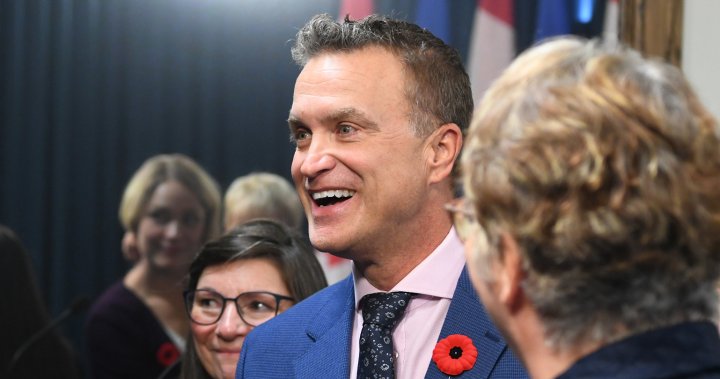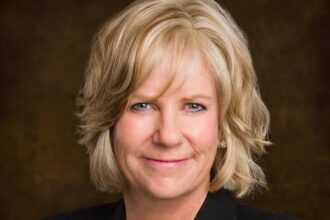In an unprecedented move that has sent ripples through Alberta’s political landscape, former UCP MLA Peter Guthrie has released his personal cabinet meeting notes, offering a rare glimpse into the inner workings of Premier Danielle Smith’s government. This bold transparency initiative comes after Guthrie’s departure from provincial politics, revealing candid insights into the decision-making processes that shaped Alberta policy over the past year.
“The public deserves to know how their government operates behind closed doors,” Guthrie stated in a recent interview. “These notes represent the unfiltered reality of cabinet discussions that directly impact Albertans’ lives.”
The extensive documentation, spanning from November 2022 to June 2023, details heated debates on controversial provincial matters, including healthcare reform initiatives, energy policy decisions, and fiscal management strategies. Most notably, the notes highlight significant disagreements between cabinet members regarding the implementation of the Alberta Sovereignty Act and approaches to federal-provincial relations.
Political analysts reviewing the documents have pointed to several revelations that contrast with the government’s public messaging. Dr. Melissa Chen, political science professor at the University of Calgary, observes that “these notes demonstrate a far more divided cabinet than what was portrayed to Albertans. There were clearly deep ideological fractures on fundamental issues like healthcare funding and energy transition policies.”
The release has proven particularly contentious among Guthrie’s former colleagues. Current cabinet ministers have questioned the ethics of sharing confidential discussions, with Energy Minister Brian Jean calling it “a breach of cabinet confidence and trust.” Premier Smith’s office issued a terse statement emphasizing that “cabinet confidentiality remains essential for frank and honest discussions that lead to effective governance.”
Guthrie, who represented Airdrie-Cochrane before declining to run in the May 2023 provincial election, defended his decision by citing democratic principles. “Cabinet confidentiality shouldn’t be used as a shield against accountability,” he argued. “When I saw decisions being made that I believed Albertans would question if they had all the information, I felt compelled to act.”
Legal experts remain divided on the implications of this disclosure. “While there’s no explicit law preventing a former minister from sharing their personal notes after leaving office, it does challenge long-standing conventions of cabinet confidence,” explains constitutional law expert Vanessa Rodriguez.
The documents also shed light on the influence of various stakeholders in government decision-making. Multiple entries reference meetings with energy industry executives prior to major policy announcements, raising questions about external influences on government priorities.
Opposition leader Naheed Nenshi has seized upon the revelations, calling for a formal inquiry into decision-making processes. “These notes confirm what we’ve long suspected—that this government’s public positions often contradict their private deliberations,” Nenshi stated during a press conference.
For Albertans following provincial politics, the release provides unprecedented transparency but also raises fundamental questions about governance. The notes detail how certain public health decisions were made during critical phases of the pandemic, revealing political calculations that sometimes superseded expert recommendations.
Public reaction has been mixed across Alberta, with some praising Guthrie’s commitment to transparency while others question his motivations. Sarah Harrington, director of Democracy Watch Alberta, calls this “a watershed moment for government accountability in the province. Regardless of political affiliation, Albertans benefit when light is shed on how decisions affecting their lives are made.”
As legal and ethical debates continue around this disclosure, one question remains at the forefront: In our democratic system, where should we draw the line between necessary confidentiality for effective governance and the public’s right to understand how their elected officials make decisions on their behalf?











